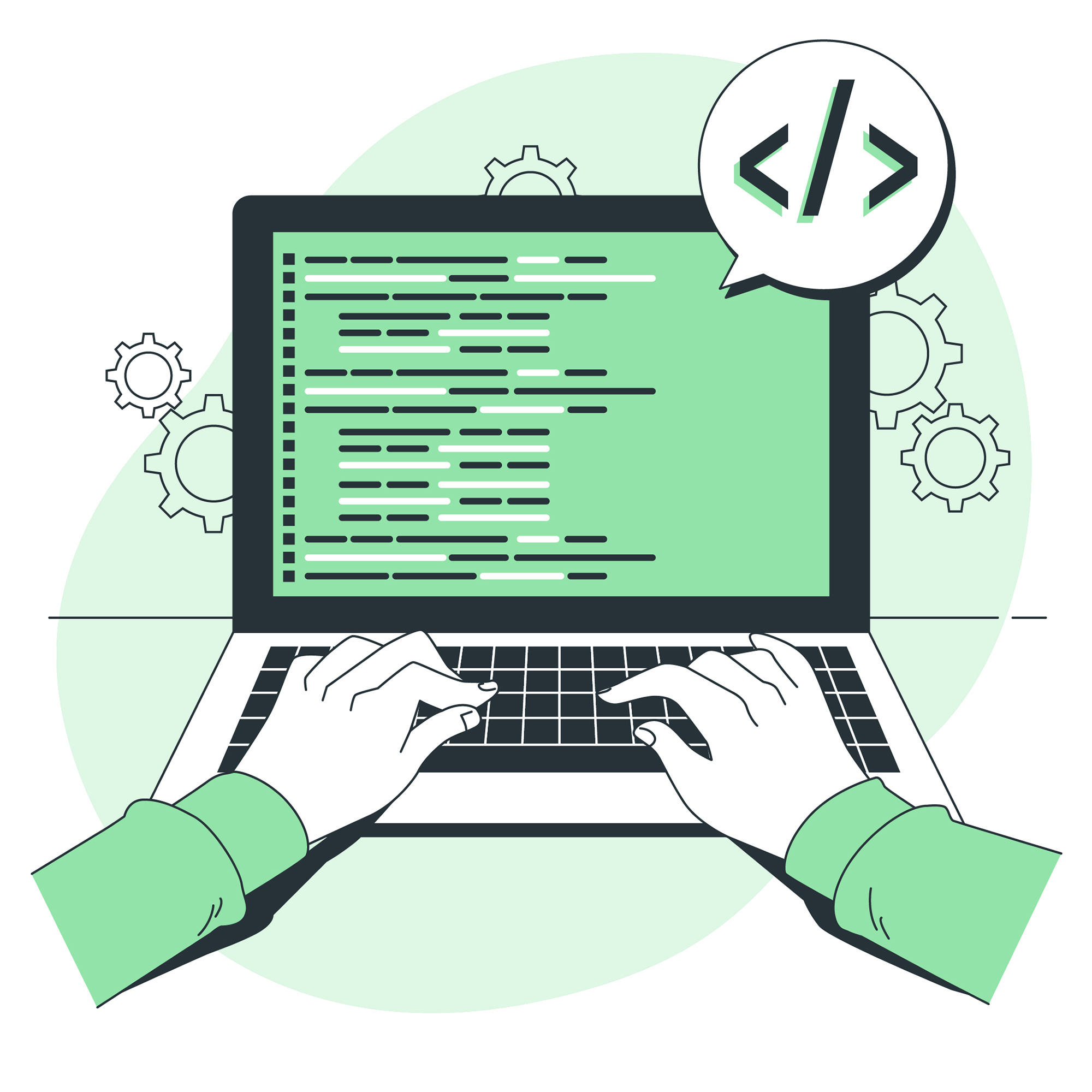Top 10 DevOps Tools in Used 2025 and Tools
The tools and practices used by DevOps professionals not only streamline workflows but also drive innovation, helping organizations achieve faster delivery cycles, improved system reliability, and better overall efficiency.
Here are the top DevOps roles for 2025, along with brief descriptions and examples of tools commonly used in each.
1. DevOps Engineer
- Description: A core role in the DevOps ecosystem, responsible for integrating development and operations. They create pipelines for continuous integration, automate deployments, and enhance collaboration across teams. They also focus on improving system performance and reliability.
- Key Tools: Jenkins, Git, Docker, Kubernetes, Terraform, AWS, Ansible.
2. Site Reliability Engineer (SRE)
- Description: Blends software engineering and operations to ensure highly reliable and scalable systems. SREs automate operational tasks, monitor system performance, and maintain Service Level Objectives (SLOs).
- Key Tools: Prometheus, Grafana, ELK Stack, PagerDuty, Chaos Monkey.
3. Cloud Engineer
- Description: Designs and implements cloud infrastructure, ensuring scalability, cost efficiency, and reliability. They manage cloud resources and optimize services based on organizational needs.
- Key Tools: AWS (EC2, S3, Lambda), Azure, Google Cloud Platform (GCP), Terraform, Kubernetes, CloudFormation.
4. Infrastructure as Code (IaC) Specialist
- Description: Focuses on managing infrastructure through code, enabling repeatable, automated deployment processes. This ensures consistent environments for development, staging, and production.
- Key Tools: Terraform, Ansible, Pulumi, Chef, AWS CloudFormation.
5. CI/CD Pipeline Engineer
- Description: Builds and maintains Continuous Integration/Continuous Deployment pipelines, enabling rapid and automated delivery of software. They ensure code quality and minimize deployment risks.
- Key Tools: Jenkins, CircleCI, GitLab CI/CD, GitHub Actions, Azure DevOps.
6. DevSecOps Engineer
- Description: Combines DevOps practices with robust security measures. They embed security checks into CI/CD pipelines, monitor for vulnerabilities, and ensure compliance with industry standards.
- Key Tools: Snyk, Aqua Security, SonarQube, HashiCorp Vault, OWASP ZAP.
7. Containerization Specialist
- Description: Manages containerized applications to ensure consistent and efficient deployment environments. They also optimize orchestration and resource utilization for container workloads.
- Key Tools: Docker, Kubernetes, OpenShift, Helm, Rancher.
8. Monitoring and Observability Engineer
- Description: Implements monitoring, logging, and observability solutions to track system performance and detect issues early. They also analyze data to ensure uptime and optimize system health.
- Key Tools: Splunk, Datadog, New Relic, Prometheus, Grafana.
9. Release Manager
- Description: Plans, schedules, and manages software releases through various stages of development and deployment. They ensure smooth transitions and minimize risks during software rollouts.
- Key Tools: Git, Jenkins, Jira, Azure DevOps, Octopus Deploy.
10. Automation Engineer
- Description: Focuses on automating repetitive tasks, workflows, and infrastructure management to enhance efficiency and reliability across development and operations teams.
- Key Tools: Ansible, Puppet, Selenium, Python, Bash scripting.
11. Build Engineer
- Description: Ensures reliable software builds by maintaining and improving build systems. They focus on optimizing build times and ensuring dependencies are managed properly.
- Key Tools: Maven, Gradle, Bazel, Jenkins, Git.
12. Platform Engineer
- Description: Develops and manages internal platforms that enable development teams to build, test, and deploy applications efficiently. They optimize developer workflows and ensure platform scalability.
- Key Tools: Kubernetes, Docker, HashiCorp Nomad, Terraform, ArgoCD.
13. Network DevOps Engineer
- Description: Combines DevOps principles with network operations to automate and manage network infrastructure. They focus on optimizing network performance and ensuring reliability.
- Key Tools: Cisco NSO, Ansible, NetDevOps Toolkit, Wireshark.
14. Performance Engineer
- Description: Ensures that applications and systems meet performance benchmarks under varying loads. They simulate traffic, identify bottlenecks, and optimize system responsiveness.
- Key Tools: JMeter, Gatling, Locust, Dynatrace, AppDynamics.
15. Kubernetes Administrator
- Description: Manages Kubernetes clusters, ensuring scalability, security, and reliability for containerized applications. They optimize resource utilization and troubleshoot orchestration issues.
- Key Tools: Kubernetes, Helm, Kustomize, Istio, Calico.
Conclusion:
The world of DevOps offers a wide range of roles, each tailored to specific aspects of software development, deployment, and operations. From ensuring reliable infrastructure and scalable systems to embedding security and optimizing performance, these roles highlight the importance of collaboration, automation, and continuous improvement.
As the DevOps landscape continues to evolve, the demand for skilled professionals in these diverse roles is set to grow, making it an exciting and dynamic field for tech enthusiasts.




